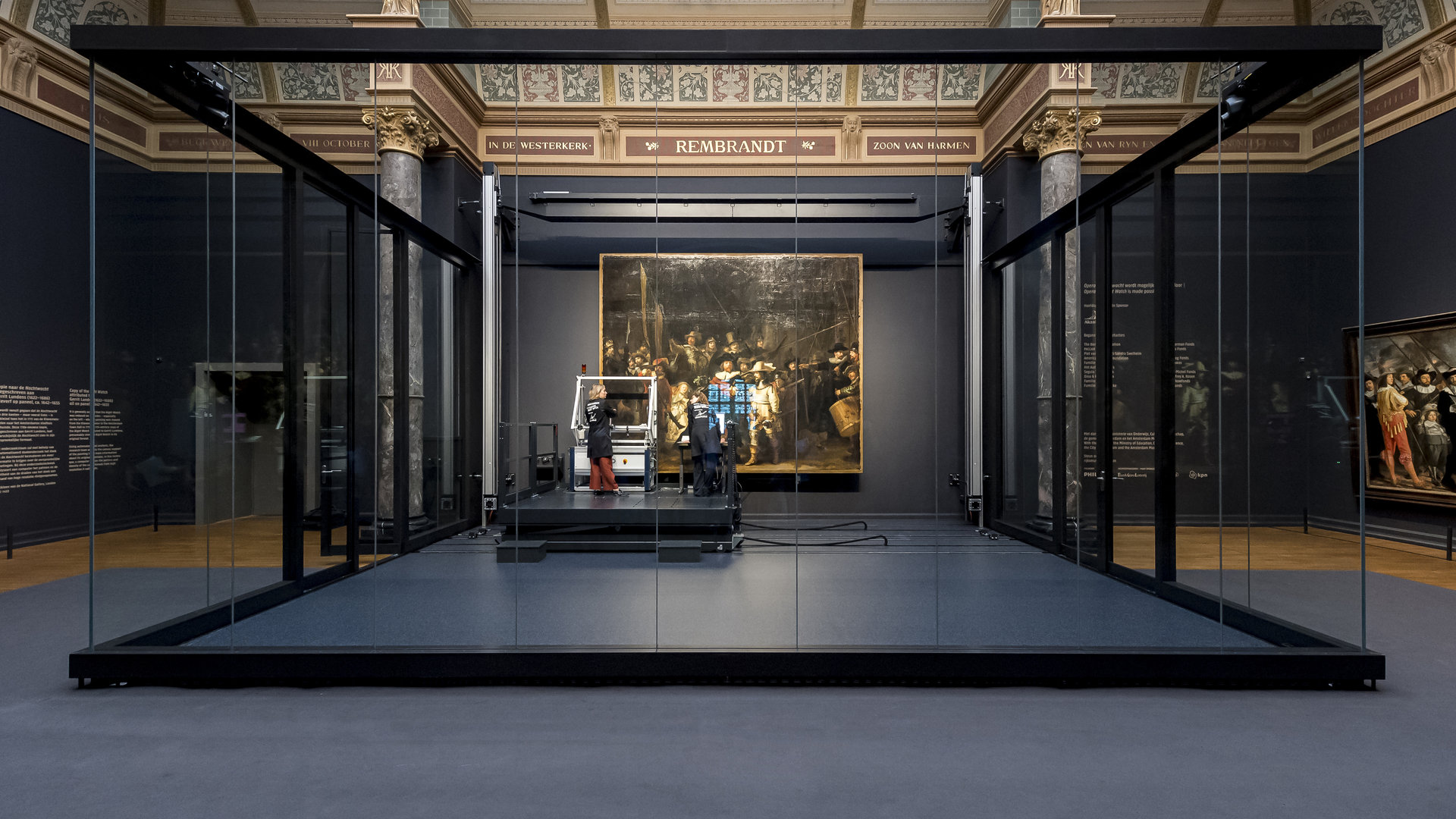The boundaries of real estate in New York City are evolving, driven by shifts in workplace culture and growing demand for high-end housing. On October 8, 2024, industry experts, innovators, and investors convened at the BSH Experience & Design Center in Manhattan for *The Real Deal’s* much-anticipated event, *“Converting to Luxury.”* This evening of networking, panel discussions, and collaborative dialogue shed light on a transformative trend reshaping the city: the conversion of underutilized office spaces into luxury residential properties.
**Repurposing Spaces, Redefining Possibilities**
As remote work redefines office occupancy and the need for housing—particularly in the luxury sector—surges in New York, the idea of adaptive reuse has garnered attention. Turning vacant office buildings into luxurious, amenity-rich urban residences is no longer just a concept; it’s becoming the new frontier of real estate.
“This isn’t just about solving office vacancy challenges,” stated Woody Heller, Founding Partner at Branton Realty Services, during a dynamic panel discussion. “It’s about transforming hurdles into opportunities for creating long-lasting, luxury urban assets.”
**Navigating Challenges with Visionary Leadership**
Moderated by Stuart Elliott, CEO and Editor-in-Chief of *The Real Deal,* the panel brought together leading minds in real estate, design, and development. Joining Heller on stage were Daniel Lebensohn, Co-Founder and Co-CEO of BH3 Management, and Robert Fuller, Studio Director at Gensler, a world-renowned architecture firm.
A recurring theme of the discussion was balance—blending creative design ingenuity with compliance to building codes and policies. Robert Fuller explained the importance of functional yet opulent design in these landmark projects. “Good design isn’t just about how it looks; it’s about how it works for modern living,” Fuller remarked, sharing details from a recent Gensler project that retrofitted a mid-century office building into a high-end residential hub.
On the development side, Lebensohn highlighted the hurdles of navigating regulatory frameworks and garnering public support. “Converting these spaces comes with significant challenges,” he said. “However, when you apply innovative thinking and collaborate effectively, the potential rewards make these projects highly impactful.”
**A Platform for Creativity and Connection**
The event was more than just a conversation—it was an incubator for actionable ideas. Guests mingled over cocktails and hors d’oeuvres during a pre-panel networking session, fostering collaboration and encouraging cross-disciplinary brainstorming. By the evening’s end, attendees left equipped not just with business contacts but with a renewed vision of how creative repurposing could reshape New York City’s skyline and housing landscape for the better.
“The sharing of real-world examples and open dialogue is what propels our industry forward,” one guest remarked, noting the importance of these forums in addressing the evolving needs of urban spaces.
**The Future of Urban Luxury**
The energy and excitement at *“Converting to Luxury”* proved that repurposing aging office buildings into premium residences is not merely a fleeting trend but a critical step toward sustainable and innovative urban development. These projects represent a vision of New York where challenges—like outdated building use—become opportunities for bold, transformative action.
But the real question isn’t whether these conversions will happen—they already are. The focus now shifts to their impact. Will these developments foster sustainable urban living? Will they redefine luxury housing in New York? According to Stuart Elliott, the answer lies in adaptability. “Innovation in real estate doesn’t always stem from groundbreaking new builds. It often comes from reimagining spaces we already have. That’s the future of urban luxury,” Elliott concluded.
With thought leaders like Heller, Lebensohn, and Fuller at the helm, New York City seems poised for a new era of adaptive reuse. For professionals in real estate, design, or investment, this trend offers not only exciting challenges but unmatched opportunities to help shape the city’s next chapter.
To learn more about future events and discussions shaping the real estate sector, visit *The Real Deal*’s website. The future of urban luxury awaits—are you ready to join the conversation?







